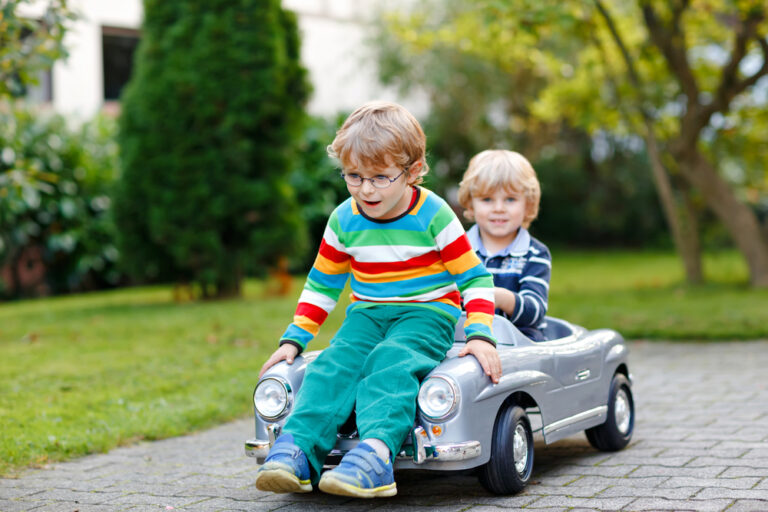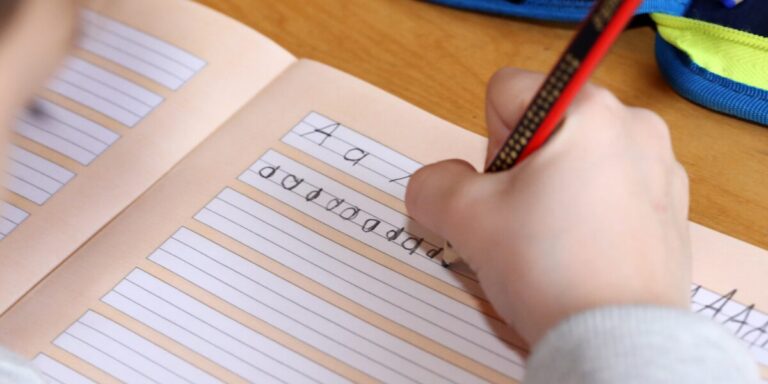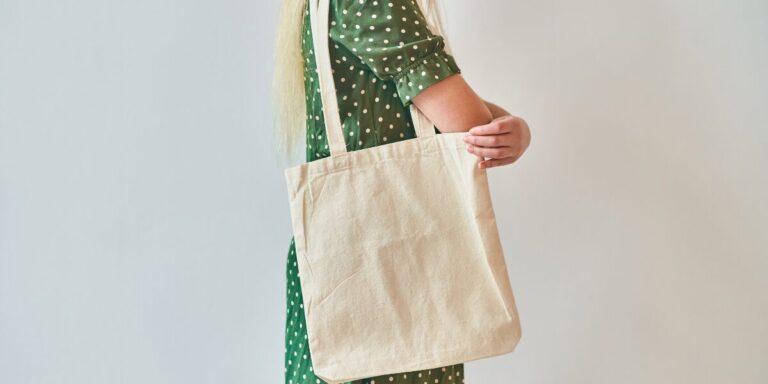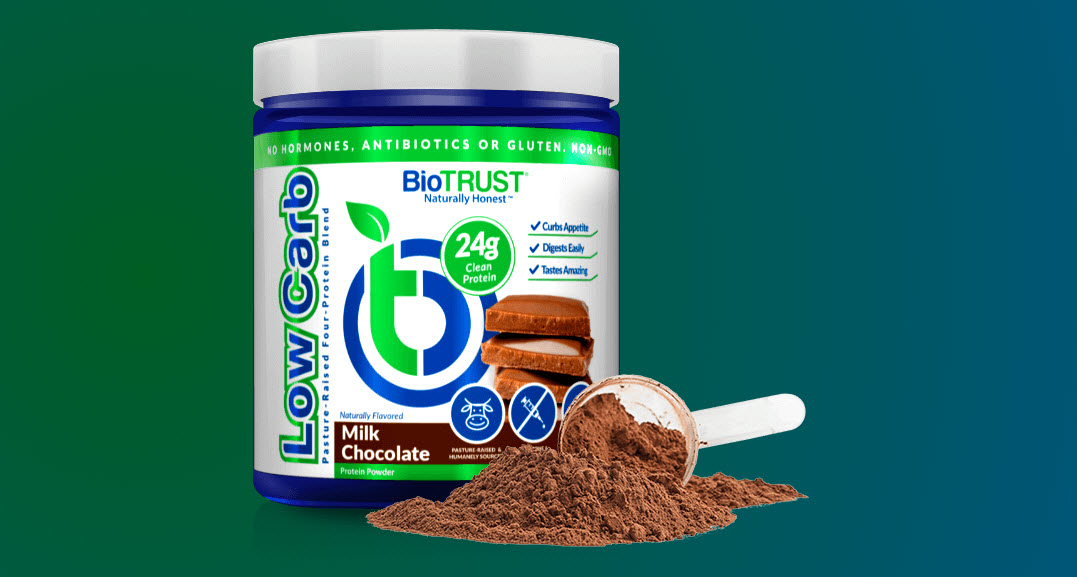New to parenthood? Read this guide to learn how to prepare for a newborn baby. Get tips on everything from how to prepare for a newborn: a guide for first-time parents.

Are you a first-time parent? First-time parents have the joyful and scary task of preparing for a new baby. Preparing everything in order is crucial so you and your partner can enjoy your child’s birth.
To help make the transition to parenthood a little smoother, here is a comprehensive description of how to prepare for a newborn: a guide for first-time parents.
Finding Support After Bringing Your Newborn Home
Taking care of oneself while caring for a baby is essential. This period’s pace and stress may require you to seek assistance.
Friends and family may assist. You may not agree with everything they say, yet their life experiences might still be useful. You have every right to expect everyone who comes into contact with your kid to receive all necessary immunizations and is physically and mentally capable of caring for your child. Have a baby welcome kit to get all the required equipment covered.
Decide on the Names of The Newborn
Prepare for a baby name with style and flair. Start by thinking of names you love that have special meanings for you and your family. Find out where each name comes from and what it means, and any possible nicknames.
Think about how the name sounds with your last name, and make sure it fits your family’s beliefs. Check the name’s fame and make sure it’s not too common! Be careful with the meaning of the names of your newborn. Names that seem quite harmless have gruesome meanings. For example, you would not want to call your baby names that mean death!
Basic Safety Measures for Newborn
Newborns may seem delicate to those who have not spent much time with them. Here are some fundamentals to keep in mind:
- Do not touch your kid without first washing your hands or using a hand sanitizer. Because their immune systems aren’t fully developed, newborns are susceptible to illness.
- Always check the hands of anybody touching your infant to ensure they are clean.
- Keep your child’s head and neck stable. When holding your baby in an upright position or laying them down, make sure your cradle supports their head.
- Don’t ever shake your baby, not even in jest or anger. The brain might bleed if a person is shaking too violently.
- Don’t wake your baby by shaking him or her; instead, tickle his or her feet or blow softly on a face.
- Verify that your infant is securely buckled into the stroller, car seat, or carrier.
- Reduce the intensity of anything that could be excessively jarring or bouncing.
- Never subject your infant to harsh play like jiggling them on the knee or throwing them in the air.
Breastfeeding the Newborn
However you choose to feed your newborn, it’s important to keep a few things in mind.
Don’t wait: breastfeeding is most beneficial in the first hour after birth when your infant is wide awake. Your new baby will benefit from this since you can start bonding with them immediately, which is important for their development and adjustment. Keep a breast pump close in case of emergency.
On-demand nursing: Allow your newborn to nurse as often as they need to, as this will assist in your body producing more milk. Regular feedings help moms produce more milk and offer babies valuable experience sucking and swallowing, according to the group.
Make yourself comfortable: Prioritize making yourself at home by arranging a chair, cushions such as comfortable pregnancy cushions, footstool, and drinks and snacks nearby when you need to feed your baby.
Ensure proper nutrition and hydration: Make sure you’re getting enough to eat and drink; nursing mothers require an extra 300-400 calories each day. Also, breastfeeding causes fluid loss, so it’s important to replenish those fluids by drinking plenty of water.
Bonding With the Newborn
Bonding with your newborn is a special and unique experience. You can start building a strong relationship with your new baby right away, which is great. Here’s a quick guide to getting close to your new baby.
- Direct touch with the skin
Skin-to-skin touch is a powerful and important way to connect with your baby. Skin-to-skin touch with you makes your baby feel safe and calm. It also helps control your baby’s heart rate and body temperature.
- Talking and singing
When you talk or sing to your baby, it helps you connect with him or her. Babies love to hear their parents’ words, so don’t be afraid to talk to your baby even if you don’t think they understand.
- Paying attention to your baby’s cues
One important way to bond with your baby is to learn to read their cues, such as how they move or cry. When you meet your baby’s wants, he or she will learn to trust you and feel safe around you.
- Smiles and eye contact
You can get closer to your baby by making eye contact and smiling at them. It makes your baby feel loved and also teaches them how to read different looks on faces.
- Getting a bath and massage
Giving your baby a gentle bath or rub can help you get closer to each other. It can also be a great way to calm your baby down.
Bathtime for Newborn: What You Need to Know
Although it may seem daunting at first, bathing your newborn is essential to their daily routine. Maintaining a manageable temperature in the water and utilizing the proper equipment is important.
Before you start, you’ll need to get the materials you’ll need. This includes a baby pool, a soft washcloth, mild baby soap, a soft towel, and a clean diaper. You might also want to have a thermometer on hand to check how hot the water is.
- Setting up the Bath
Make sure the room is warm and cozy before you start. Add 2 to 3 inches of hot water to the tub. Before you put your baby in the tub, use your thermometer to check the water temperature. The water shouldn’t be over 98°F.
- Bath Time
It’s now time to run the bath! Put your baby gently into the water and hold their head up with your hand. Use the towel to clean their face and body gently. Pay extra attention to the neck, elbow, and knee wrinkles. When you are done, use the towel to dry off your child. Don’t forget to dress your baby in something clean and warm when you’re done.
Diapering Newborn: 101
Diapering a baby might be one of the most daunting parenting responsibilities, but with some practice, you’ll be a pro before you know it. Here’s how new parents do it: First, gather everything you need. You’ll need a changing pad, diaper rash treatment, and plenty of baby diapers and Wipes. A diaper pail and a changing pad with a waterproof cover are important necessities if you want to use cloth diapers.
Changing the diapers is next. The baby should be placed on the changing pad first. You may use wipes to clean your baby’s bottom by removing the diaper’s tabs. Ensure that you thoroughly clean every nook and cranny. Cloth diapers need a special sprayer called a ‘diaper sprayer’ to remove messes. When your baby is clean you can decide whether to use nappy rash cream when your baby is clean.
Get a new nappy and put it on now. Adjust it so that it’s just tight enough. Cloth diapers need snapping or affixing velcro closures before use. When the nappy is on properly, you can stop changing.
Conclusion
It may be overwhelming for first-time parents to prepare for a new baby’s arrival. However, if you follow How to Prepare for a Newborn: a guide for first-time parents, you’ll have a much easier time getting ready for the big day.
This manual may help you get ready for the birth of your new baby by teaching you everything from the fundamentals of caring for a newborn to where to get the required equipment. You can make the change to parenting a positive one with some careful planning.










